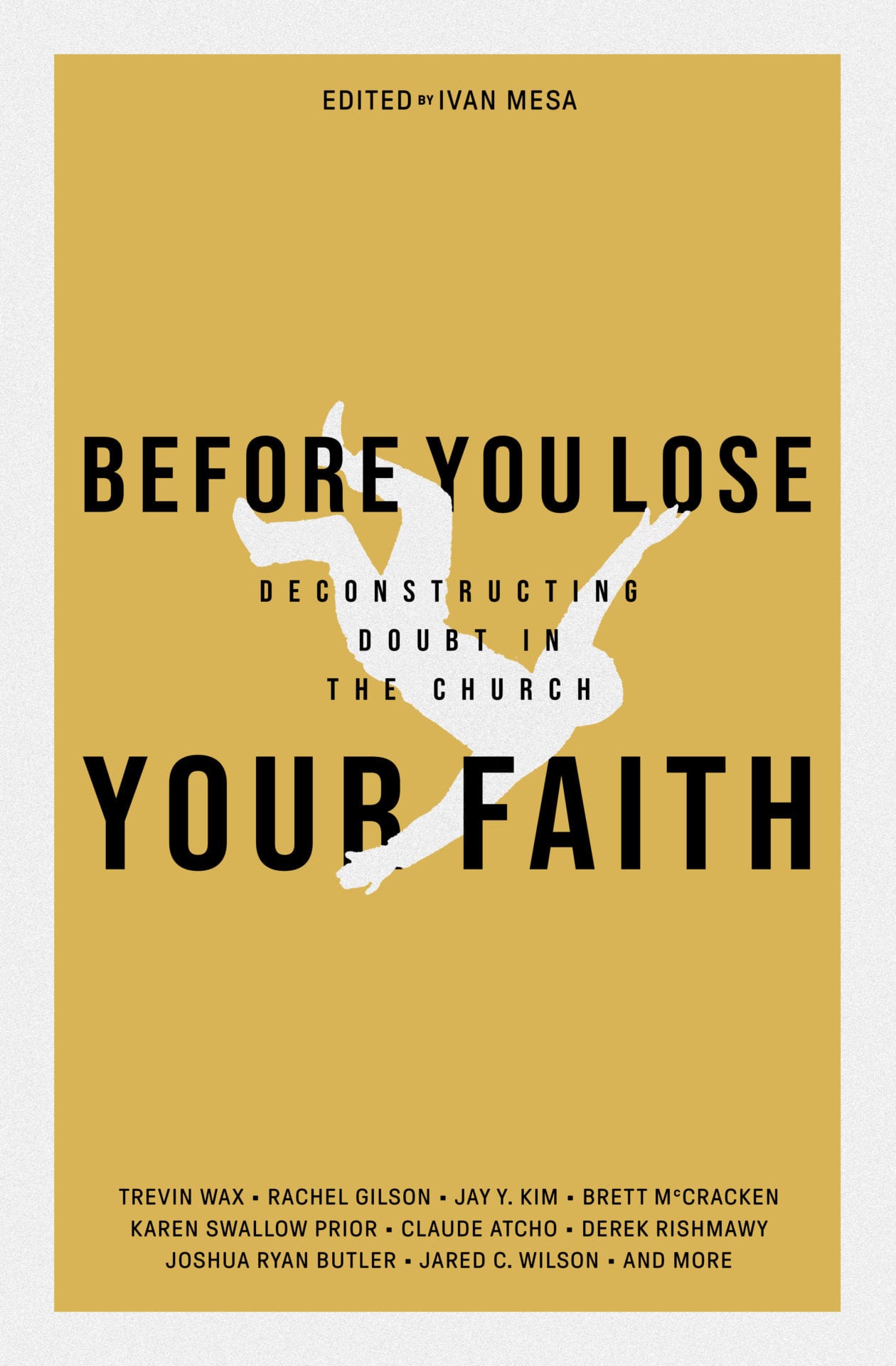In many parts of the world today, it can be easy to live a comfortable life as a Christian. Certainly where I live—in Orange County, California—this is the case. But is that a good thing?
I’d like to suggest that the Christian faith is inherently uncomfortable. To be a disciple of Jesus is to deny oneself (Matt. 16:24), to take up a cross (Luke 14:27), to be subject to persecution (John 15:20; 2 Tim. 3:12), to give up the creature comforts of home (Luke 9:58), to forsake the priority of family (Luke 9:59–62; 14:26), to be willing to give up all material possessions (Matt. 19:21; Luke 14:33), to be crucified with Christ (Gal. 2:20). And this is just the beginning.
C. S. Lewis once said, “I didn’t go to religion to make me happy. I always knew a bottle of Port would do that. If you want a religion to make you feel really comfortable, I certainly don’t recommend Christianity.”
But comfort-seeking is our default mode in a consumerist society, so we often find ourselves in “comfortable Christianity” without even knowing it. What are some indicators that our Christianity has become too cozy, more like a pleasant bottle of port than the uncomfortable, sharpening faith the New Testament envisions?
Here are eight signs that your Christianity might be too comfortable:
1. There’s absolutely no friction between your Christianity and your partisan politics.
If you’re all-in with one political party and never feel any tension whatsoever with your Christian faith, it probably means your faith is too comfortable. Whether you’re a lifelong Democrat or a diehard Republican, a robust Christian faith should create dissonance with politics at various points.
A faith that aligns perfectly with one political party is suspiciously convenient and lacks prophetic witness.
A faith that aligns perfectly with one political party is suspiciously convenient and lacks prophetic witness.
2. There are no paradoxes, tensions, or unresolved questions.
If you never ponder or wrestle with the mind-boggling tenets of Christian theology (e.g., the Trinity, the incarnation, God’s sovereignty coexisting with human action, the Holy Spirit’s presence, to name just a few), your faith is probably too comfortable.
A healthy, uncomfortable faith constantly rocks you, prods you, and blows your mind. It’s a faith that leaves you restless to want to know more, not satisfied you’ve grasped all there is to grasp about God.
3. Your friends and coworkers are surprised to learn you’re a churchgoing Christian.
A sure sign your faith is too comfortable is if nothing in your life sets you apart as a Jesus follower, to the point that even those who know you well can’t tell you’re a Christian.
A comfortable Christian is one who easily blends in, looking and talking and acting just like his or her lost neighbors.
4. You never think about or even remember the Sunday sermon on Monday.
If Sunday sermons at your church are so forgettable (or you’re so disengaged) that you rarely recall them after you leave church, your Christianity is probably too comfortable.
Biblical preaching shouldn’t leave us apathetic or unchallenged. The Word of God is “living and active, sharper than any two-edged sword, piercing to the division of soul and of spirit, of joints and of marrow, and discerning the thoughts and intentions of the heart” (Heb. 4:12).
5. No one at your church ever annoys you.
If you go to church with people who are always easy to talk to, always fun to be around, and always closely aligned with your opinions, tastes, and preferences, your Christianity is too comfortable.
One of the glorious things about the gospel is that it creates a new community out of disparate types of people who, in many cases, wouldn’t otherwise choose to spend time together.
6. You never feel challenged, only affirmed.
If your Christian faith never confronts your idols and challenges your sinful habits—but only ever affirms you as you are—this is a sure sign of a too-comfortable faith.
Healthy faith doesn’t just celebrate you as you are, but relentlessly molds and refines you into the likeness of Christ.
Healthy faith doesn’t just celebrate you as you are but relentlessly molds and refines you into the likeness of Christ, which is a beautiful but necessarily uncomfortable process.
7. You’ve never had to have a ‘truth-in-love’ conversation with a fellow Christian.
It’s always more comfortable to just “live and let live” when there’s an offense or sin that needs to be called out. It’s more comfortable to just shrug when we see others in our community making unhealthy decisions.
But this isn’t true Christian love.
Love isn’t opposed to truth, and if your faith doesn’t include the capacity to speak hard truths in love, it’s too comfortable.
8. No one in your church could comment on any area of growth they’ve seen in you.
To believe in the gospel of Jesus Christ is to believe in change. Though not always linear, the Christian life should be marked by growth, forward momentum, and change for the better.
If you’re a Christian who’s grown so little that no one in your church could identify any area of improvement, your faith is too comfortable.
—
Why is it important that we avoid falling into comfortable Christianity? Because comfortable Christianity is far from the costly, inconvenient, idol-crushing, cross-shaped path for disciples of Jesus. Comfortable Christianity has little prophetic to say to a comfortable, consumerist world. Comfortable Christianity has little urgency in mission and little aptitude for growth.
Uncomfortable Christianity, however, leads to life and transformation. It leads us to rely on God and not on ourselves; to serve rather than be served; to live lives marked by sacrifice. It leads us to do hard things, to embrace hard truths, to do life with hard people for the sake and glory of the One who did the hardest thing. It may be uncomfortable, but it will be worth it. On the other side of discomfort is delight in Christ.
Editors’ note: This is an adapted excerpt from Brett McCracken’s new book, Uncomfortable: The Awkward and Essential Challenge of Christian Community, and is published in partnership with Crossway.
Free Book by TGC: ‘Before You Lose Your Faith’
 Many young people are walking away from Christianity—for reasons ranging from the church’s stance on sexual morality, to its approach to science and the Bible, to its perceived silence on racial justice.
Many young people are walking away from Christianity—for reasons ranging from the church’s stance on sexual morality, to its approach to science and the Bible, to its perceived silence on racial justice.
TGC’s book Before You Lose Your Faith: Deconstructing Doubt in the Church is an infusion of hope, clarity, and wisdom in an age of mounting cynicism toward Christianity.
For anyone entering college or the workplace and looking for a timely reminder of why Christianity is good news in a skeptical age, make sure to get your FREE ebook Before You Lose Your Faith today!


































